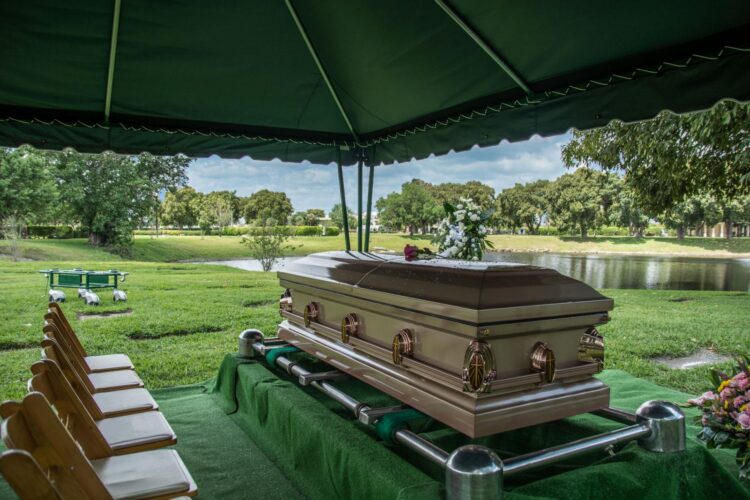Funeral Planning & Medicaid

If you’d like to plan for your own funeral ahead of time so that your family doesn’t have to make your arrangements, one question you should consider is whether or not you may also need to pay in advance. The answer will likely be contingent on your anticipated Medicaid requirements.
Overall, it’s usually a good idea to pre-plan your own funeral needs. This will allow you to figure out how your remains will be handled when you pass. This will also remove a potential problem for your family, as these decisions are far more difficult when your family is mourning your loss.
A funeral home will offer your family many kinds of pre-planning packages that include several levels of services. In some cases, you can even transfer your service plan between funeral homes, if necessary.
If you do end up pre-planning your own funeral, you’ll want to determine if it makes sense to pay for everything right away to lock in the price. Whether or not that is a good idea is going to depend on Medicaid as well.
If you pay a funeral home ahead of time, you’re essentially giving them a free savings account. This funeral home will be able to save the money and earn interest from it. If you’re not anticipating passing away anytime soon, you’d probably be better off if you saved those funds and earned the interest on it yourself.
Nevertheless, if you are anticipating a need for Medicaid to pay for your long-term care costs, paying an advance on your funeral services may be one strategy to lower your overall assets, when done correctly with the help of a qualified estate planning attorney. If you have any questions at all about whether paying in advance makes sense for your family, always consult with an attorney to avoid costly mistakes.
Remember that it’s never too early or too late to begin your Medicaid planning. Certainly, it’s always better to start early, when you have more time and the most options. However, even when a patient has already been placed in a nursing home, it may still be possible to protect that person’s assets. Again, it’s always best to get the help of an experienced estate planning attorney who knows the ins and outs of the Medicaid system. Contact 509-328-2150 or email us to schedule your own Medicaid planning consultation!
